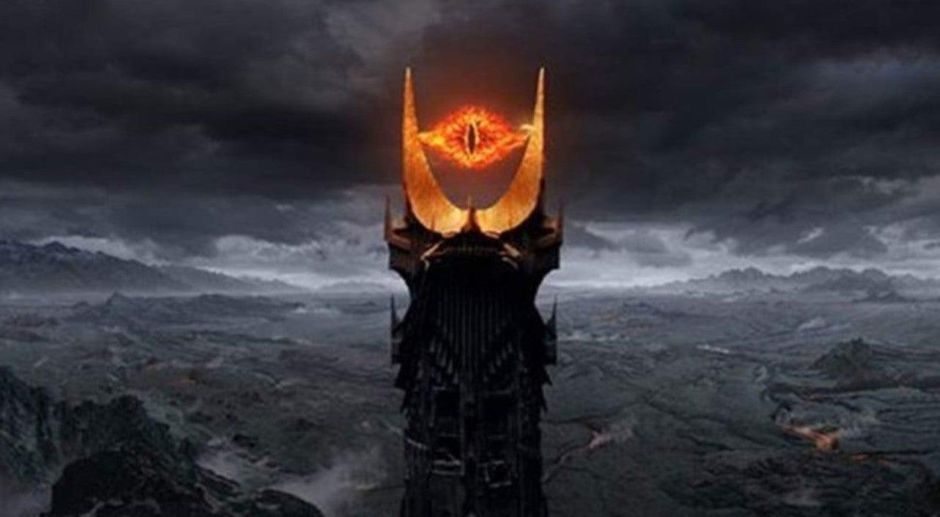Imagine a country where all the banks are owned by the government. Imagine a country where all insurance companies are owned by the government. Imagine a country where all pensions are paid by the government.
Imagine a country where the entire financial sector is owned by the government. Imagine a country where everyone works for the government, or their jobs depend on it. Imagine a country where all companies are owned by the government.
Imagine a country where all international trade is carried out by the government. Imagine a country where all prices are set by the government. Imagine a country where all communications go through the government.
Imagine a country where all internet services are provided by the government, and where all the police are from the government. Imagine a country where all schools teach only government ideology.
Imagine a country where all the mass media are government mouthpieces. Imagine a country where the law is the Government.
If you have read George Orwell you will have immediately recalled his dystopic work 1984, but the country you envisioned is experienced by 11 million Cubans, every day.
In 1984 —a novel written in 1948— Orwell imagined a Thought Police and a Ministry of Truth as the ultimate instruments of totalitarian control. The illustrious writer could not even have conceived of the computer-connected world we live in today, of which his contemporary, Alan Turing, was just laying the first stones.
What differentiates a classic repressive dictatorship from a totalitarian dictatorship is that, while the former attempts to invalidate its opponents through terror, engendered by violence, totalitarianism manages to avert vigorous opposition by controlling symbols, relationships, myths, education, communications, semantics and culture.
Military dictatorships are reactive, they repress a posteriori; the likes of Machado or Batista come to mind. Totalitarianism is proactive (i.e. Fidel), preventing social coordination and group action. The individual, even in society, is isolated in his hypocrisy, a sixth sense essential to survive under this regime.
The way in which totalitarianism achieves this control, from which a people has never managed to free itself (there is no historical example of a country that has overthrown a totalitarian system by its own means) is, fundamentally, through a monopoly on information and its processing. The State become omnipresent, mediating all human relations; a Big Brother, Orwell called it.
It is not difficult, then, to understand the importance of the computerization of society for Castroism. Controlling people's lives with human means is costly and burdensome; no matter how many resources are allocated, it is impossible to monitor everyone all the time. The physical resources of the CDR, the unions, the FMC, the UJC, the OPJM, State Security and the Police will always be limited, so it is necessary to pick and choose which targets are to be surveilled, and some will be surveilled more than others.
Once society is computerized, however, when the moment comes when cash is eliminated, and all relationships are registered and tracked (it is only a question of time), the government will no longer need to choose who it watches. All Cubans will be watched, 24 hours a day. The government will only have to decide who it wants to check up on in order to analyze them, ultimately understanding them probably better than they do themselves.
In a democratic country this can be a threat, but the balance between its different institutions, alternation in power, the freedom of the press, the independence of the justice system, freed enterprise, the existence of regional governments striving to counteract the central one … in short, the fragmentation of power, makes it difficult, if not impossible, for the government to become a Great Eye of Sauron, that evil beholder that sees all, a chilling element in The Lord of the Rings —another profoundly anti-totalitarian novel.
The computerization of society and its natural evolution towards banking and e-commerce, with the elimination of cash, is Castroism’s dream, the ultimate phase of its control over the citizen. This is happening today in broad daylight, at breakneck speed, and nobody is decrying it. Nobody is anticipating it, and nobody is scared... but they should be.
